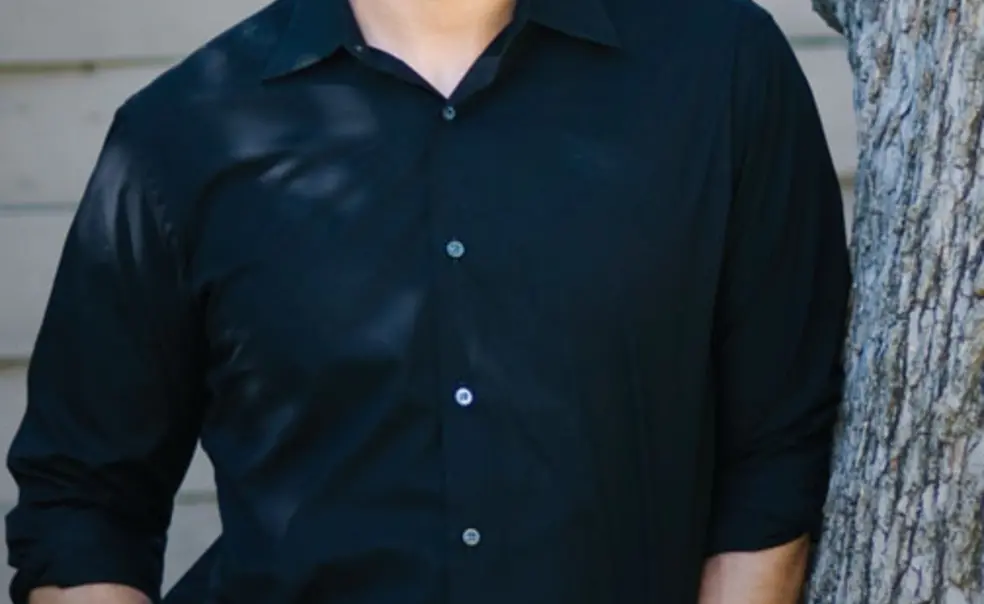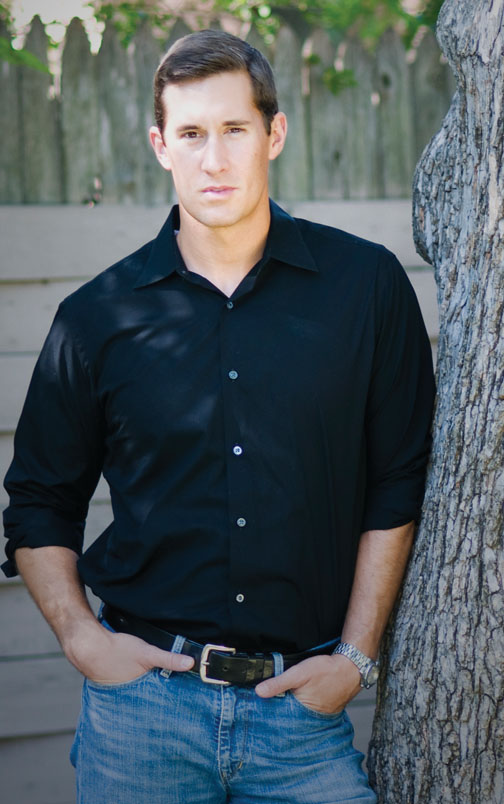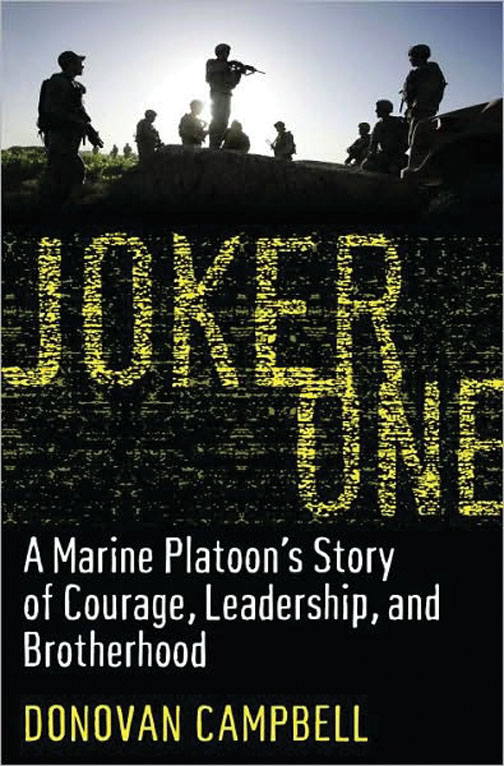In the winter of his senior year, Donovan Campbell ’01 was looking for a job in public service. At the time, the military was not in the forefront of his mind: He had attended officer training school the summer before but didn’t like it. Yet after meeting a persuasive Marine recruiter at a Princeton job fair, he changed his mind, and the terrorist attacks a few months later confirmed his resolve.
The Marines sent Campbell to Iraq, where he served as a lieutenant from 2003 until 2005, and later to Afghanistan, where he served in 2008. His time in Iraq is the basis for his book, Joker One: A Marine Platoon’s Story of Courage, Leadership, and Brotherhood, published by Random House this month. Unlike many books about Iraq, Campbell’s does not focus on the faulty intelligence that led to the invasion, or the mistakes made by military leadership. Instead, Campbell offers an on-the-ground account of the 39-man platoon he was assigned to lead and its mission to stabilize the city of Ramadi, capital of the primarily Sunni Anbar province, from February through September 2004.
The platoon’s main goal was to prevent the city from “falling into chaos,” Campbell says. Executing that directive proved to be a serious challenge. A mere 160 troops were sent to Ramadi to patrol a city of 350,000.
Joker One takes its name from the radio call sign for Campbell’s platoon. Most of his men were younger than he, and none of them had completed college. Campbell traces his platoon from training camp in Camp Pendleton, Calif., to the teeming streets of Ramadi, going door to door and ambush to ambush and trying to secure territory. During the six-month mission, the group saw intense action and suffered numerous casualties, including one man killed. “What do you think happens when I die, sir?” wondered one of Campbell’s soldiers, Lance Cpl. Brandon Williams. He was not the only one to ask that question.
In Ramadi, Campbell learned that leading was done most effectively by example, rather than by decree, a lesson that he has taken with him to his current position in the leadership program at PepsiCo. Asked about his platoon’s greatest accomplishment, he says, “The best thing we did was not give up ... we kept our fingers in the dike as long as we could,” and kept the city from falling into chaos.
What ultimately convinced him to publish his account were the experiences of his men. Five years after the battle for Ramadi, he still rues the fact that he did not find more ways to honor his men for their extraordinary bravery.
“I just didn’t write up my men for enough awards,” he says. “In some way, to tell their story to a larger audience is a way to make up for my failure to give them the recognition they deserved.”
Maurice Timothy Reidy ’97 is online editor of America magazine.














No responses yet